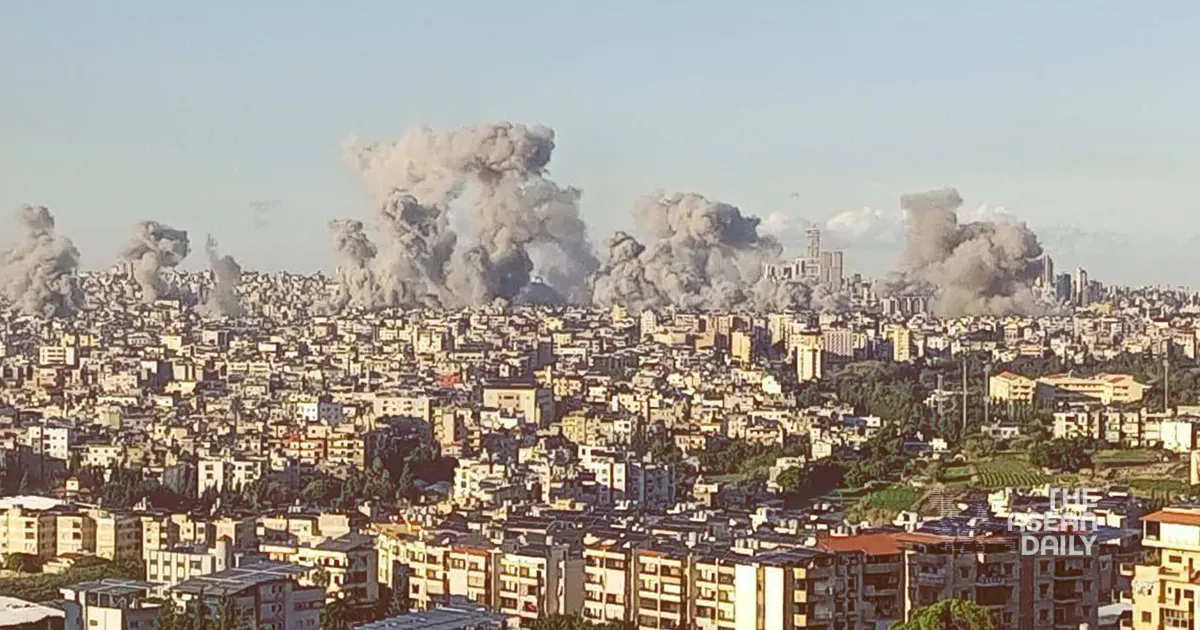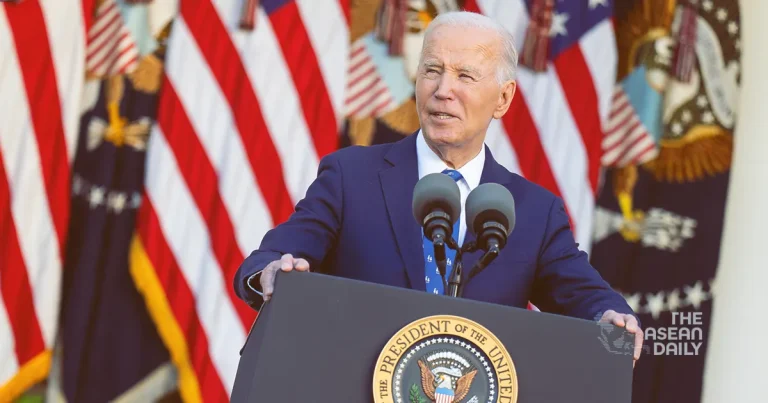27-11-2024 (WASHINGTON) A landmark ceasefire agreement between Israel and Lebanon’s Hezbollah, brokered by US and French diplomatic efforts, is set to commence today, marking a potential conclusion to months of deadly cross-border hostilities that have destabilised the region since the outbreak of the Gaza war.
The agreement, endorsed by Israel’s security cabinet in a decisive 10-1 vote, received formal confirmation from US President Joe Biden during a White House address. The cessation of hostilities is scheduled to begin at 4am local time, following discussions with Israeli Prime Minister Benjamin Netanyahu and Lebanese caretaker Prime Minister Najib Mikati.
Under the terms of the accord, Israeli forces will implement a phased withdrawal over 60 days, whilst the Lebanese army assumes control of the border territory to prevent Hezbollah from re-establishing its presence. The deal has garnered support from French President Emmanuel Macron, who lauded the diplomatic breakthrough on social media platform X.
Netanyahu, facing internal opposition from coalition partners, emphasised that the agreement would enable Israel to redirect its focus towards the Iranian threat whilst replenishing military resources. He asserted that Hezbollah had been “considerably weakened” during the conflict, claiming significant damage to their military capabilities and leadership structure.

The United States will participate in a monitoring mechanism alongside France and UNIFIL peacekeeping forces, though American combat troops will not be deployed, according to senior US officials speaking on condition of anonymity.
Despite the diplomatic progress, tensions remained high in the hours preceding the ceasefire, with Israel conducting extensive airstrikes across Lebanon, including targets in Beirut. Health authorities reported at least 18 casualties, whilst Hezbollah maintained rocket launches into Israeli territory.
The agreement has received mixed reactions within Israel, with a Channel 12 TV poll indicating 37% support versus 32% opposition. Critics, including Security Minister Itamar Ben-Gvir, have expressed concerns about the lack of guarantees regarding Israeli residents’ return to northern communities and the Lebanese army’s capability to contain Hezbollah.




